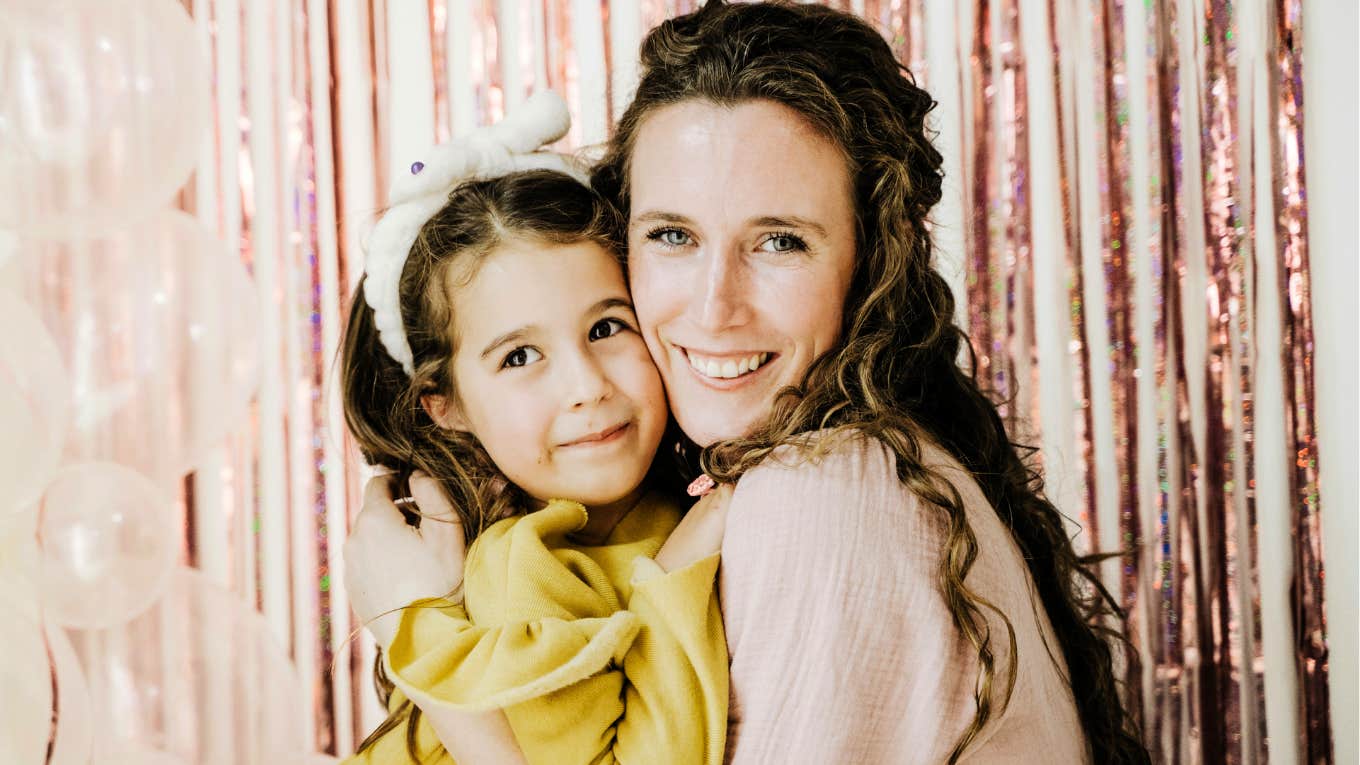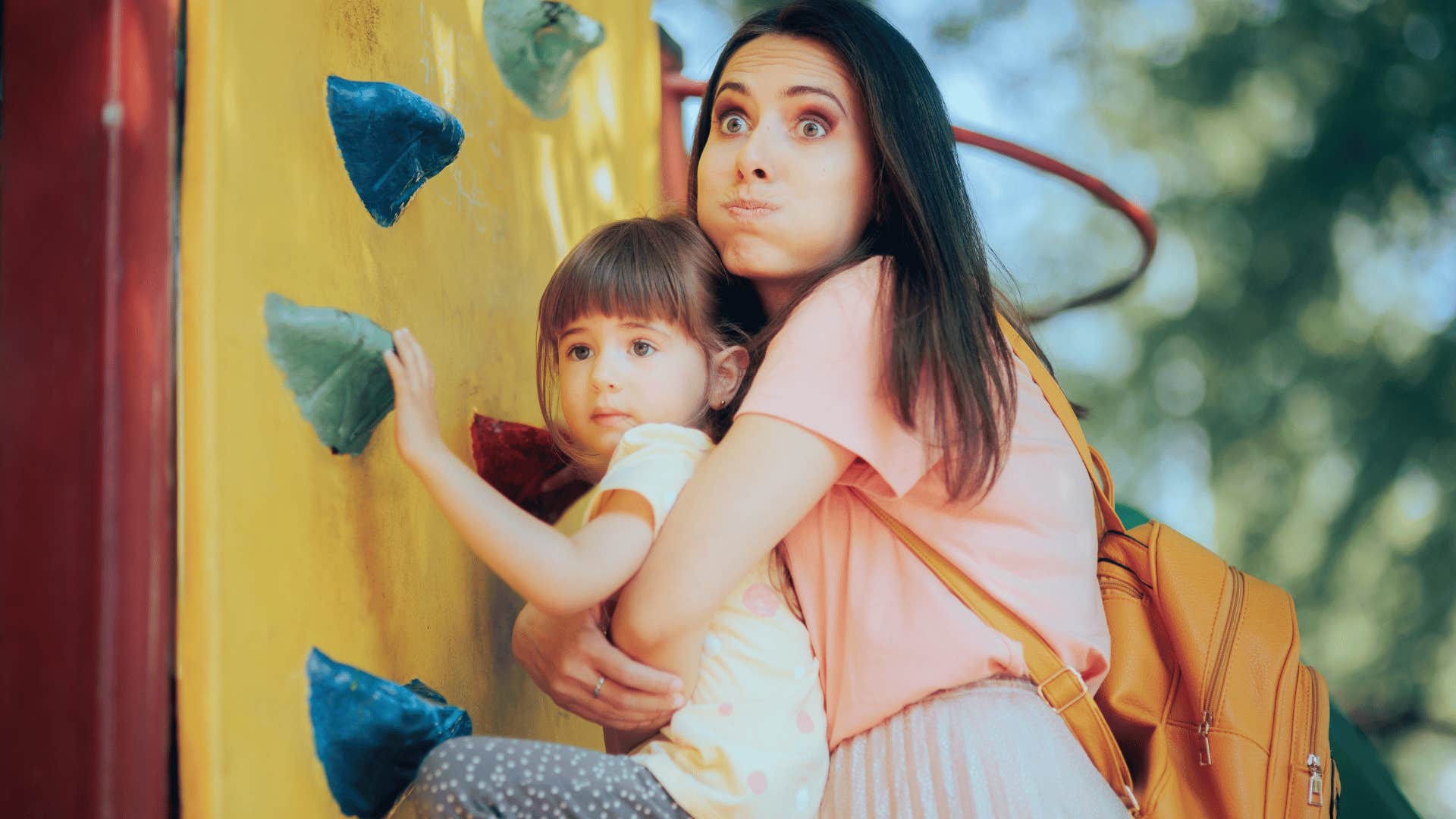Parents Who Make These 7 Simple Mistakes Often Raise Perfectionist Children
Nobody's perfect, so don't teach your kids to be.
 Josue Michel | Unsplash
Josue Michel | Unsplash As parents, it's natural to want the best for our children. You pour love and attention into them with the best intentions of creating happy, healthy, and well-balanced humans that grow into well-adapted adults.
However, sometimes, our well-meaning actions can lead to unintended consequences. One such consequence is creating mini perfectionists, kids who grow up believing that anything less than perfect is a failure. Which can wreak havoc on their sense of self-worth, self-esteem, and self-love.
There are four “official” parenting types stemming from the work of developmental psychologist Diana Baumrind, which have since been expanded by parenting experts to include other “unofficial” styles such as authoritarian, permissive, free-range, attachment, and more.
A combination of these parenting styles and simple parenting mistaking can inadvertently lead to your child becoming a perfectionist. If you are someone who grew up with overly critical parents in various ways, some of these may ring true for you. Be mindful of the habits and patterns you’ve inherited from your caregivers and determine which healthy habits you’d like to pass along to your children in a good way.
Parents who make these simple mistakes often raise perfectionist children:
1. Overpraising
 ANNA GRANT / Shutterstock
ANNA GRANT / Shutterstock
Praising your child for everything they do, even for things that are not extraordinary, can be detrimental to their self-esteem. It can create a sense of pressure and expectation to always do things perfectly.
Instead, focus on praising your child's effort and progress, and provide constructive feedback that will help them improve all along the way.
2. Overprotecting
 Nicoleta Ionescu / Shutterstock
Nicoleta Ionescu / Shutterstock
Overprotecting your child can prevent them from developing important life skills and independence. It can also make them feel incapable of dealing with challenges or failure, having them constantly seeking outside validation for their efforts.
Allow your child to experience setbacks and teach them how to overcome obstacles. Encourage them to try new things, take risks, and learn from their mistakes.
Overprotective parenting can have several negative consequences for children, including increased anxiety, difficulty developing independence, poor social skills, low self-esteem, and potential struggles with decision-making and relationship-building in adulthood, often stemming from a lack of opportunity to learn from their own experiences and mistakes.
2022 research explained that while excessive overprotection can be harmful, providing appropriate support and guidance is important for children's safety and well-being.
3. Micromanaging
 ChameleonsEye / Shutterstock
ChameleonsEye / Shutterstock
Micromanaging your child's life can create a sense of dependence and lack of autonomy. Allow your child to make their own (age-appropriate) decisions, guiding them when necessary to find effective solutions to the situation at hand. Encourage them to take responsibility for their actions and learn from their mistakes.
4. Setting unrealistic expectations
 DimaBerlin / Shutterstock
DimaBerlin / Shutterstock
Setting unrealistic expectations for your child and their success can create a sense of pressure and anxiety, which can lead to a host of issues such as eating disorders, depression, IBS, and more. It can also make them believe that anything less than perfect is unacceptable and that they’re never enough. Instead, set realistic goals and expectations that are achievable and meaningful to your child and age-appropriate.
Research published in The Journal of Research in Personality explained that parents setting unrealistic expectations for their children can lead to significant negative consequences, including decreased self-esteem, increased anxiety and stress, feelings of inadequacy, potential for rebellion, difficulty with independence, and even depression, particularly when children consistently fail to meet those high standards.
This is especially true when combined with excessive criticism or conditional love based on achievement. Authoritarian parenting styles are often associated with higher expectations and stricter enforcement, which can contribute to adverse outcomes.
5. Criticizing mistakes
 fizkes / Shutterstock
fizkes / Shutterstock
Criticizing your child's mistakes can create a fear of failure and a sense of inadequacy. Instead, help them understand that mistakes are a natural part of the learning process and encourage them to learn from their mistakes.
Reminding them that there is no such thing as failure only learning opportunities. Offer your kids constructive feedback that will help them improve, rather than criticism that will discourage them from trying.
6. Comparing them to others — "insecure parents"
 Halfpoint / Shutterstock
Halfpoint / Shutterstock
Comparing your child to others can create a sense of insecurity and a belief that they are not good enough. It can also lead to a sense of competition that can be detrimental to their relationships with others.
Social media already does this, creating false personas of “perfect” people in the world. Instead, focus on your child's unique strengths and talents and help them develop their unique sense of identity that embraces all of who they are.
When parents frequently compare their children to others, it can significantly harm their child's self-esteem. This can lead to feelings of inadequacy, decreased motivation, and anxiety, as children may perceive themselves as falling short compared to their peers.
A recent study showed a strong link between frequent parental comparisons and lower self-esteem in children, as they internalize the message that their value is based on how they measure up to others.
7. Being overly critical of oneself
 wavebreakmedia / Shutterstock
wavebreakmedia / Shutterstock
Being overly critical of yourself can create a negative environment that can affect your child's self-esteem. It can also make them believe that perfectionism is the only way to achieve success. Instead, model self-compassion and self-acceptance, and encourage your child to do the same. Reminding them that they are perfectly imperfect just as they are.
Parenting is a lifelong challenging task, and there is no one-size-fits-all approach. And there is certainly no instruction manual.
However, being aware of these seven ways parents unconsciously undermine their children's well-being, inadvertently creating a budding perfectionist, can help parents make more conscious and informed decisions in their parenting choices.
By focusing on building a healthy sense of self-esteem, autonomy, and resilience, parents can help their children develop into confident and capable adults who are not afraid of the challenges and setbacks that life inevitably brings us all.
Michele Molitor, CPCC, CHt, is a certified coach, hypnotherapist, and co-author of the book I Am Perfectly Flawsome - How Embracing Imperfection Makes Us Better. She coaches high-achieving professionals in reducing their overwhelm and reclaiming their self-confidence, calm, and clarity to create a thriving life and career.

